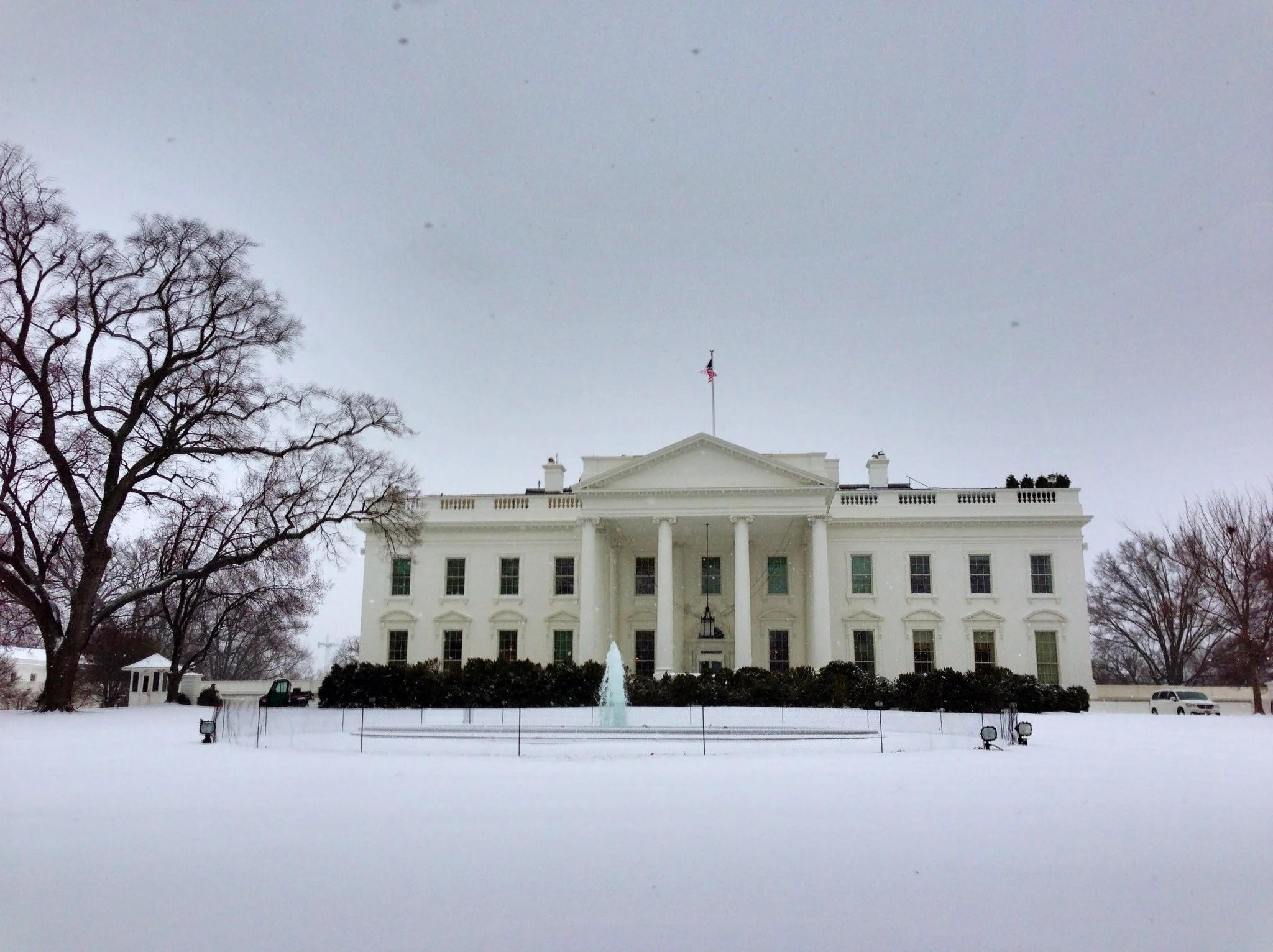The tragic mid-air collision on January 29, 2025, in Washington, D.C., left the nation reeling with grief and uncertainty. For me, as a former resident of the National Capital Region and a pilot who frequently operated out of Reagan National Airport, this tragedy feels profoundly personal. Having navigated one of the most restrictive and challenging airspaces in the country, I understand the immense precision and collaboration required to ensure aviation safety. This incident highlights the fragility of that system and raises serious concerns about leadership during crises—particularly the President’s premature assignment of blame to air traffic controllers.
In the immediate aftermath of the crash, the President’s remarks sparked controversy as they appeared to single out air traffic controllers without evidence. While emotions understandably run high during tragedies, such statements risk eroding public trust in the aviation system and undermining the integrity of ongoing investigations. The National Transportation Safety Board (NTSB) and Federal Aviation Administration (FAA) rely on impartiality and accuracy to determine the causes of such incidents and to recommend measures to prevent future occurrences. Premature blame jeopardizes this process by introducing unnecessary public and political pressure.
Leadership during crises requires measured communication. By rushing to conclusions, the President diverted attention from the investigative process and created an atmosphere of speculation. Historically, responsible leaders have prioritized unity and patience, allowing experts to uncover the truth without interference. For example, aviation safety has advanced significantly over the decades due to detailed, fact-driven investigations that avoid scapegoating. The Washington, D.C., crash should have been handled similarly, with a focus on supporting investigators and the affected families rather than pointing fingers.
As someone who has flown in and out of Reagan National Airport, I am acutely aware of the challenges faced by both pilots and air traffic controllers in this heavily monitored and restricted airspace. Blaming one group without evidence not only damages morale for aviation professionals but also risks creating unnecessary public fear about flying. Effective crisis management should aim to bolster trust, not undermine it. Leaders must convey empathy and restraint, ensuring that public confidence in vital systems remains intact.
Ultimately, this tragedy serves as a reminder of the critical role responsible leadership plays in fostering trust during uncertain times. Leaders must recognize the weight of their words and the influence they wield over public perception. By prioritizing facts and unity, they can guide the nation through grief while safeguarding the integrity of investigations. The Washington, D.C., air collision should not only prompt reflection on aviation safety but also on how leaders can best respond to national crises—with clarity, compassion, and a commitment to the truth.

